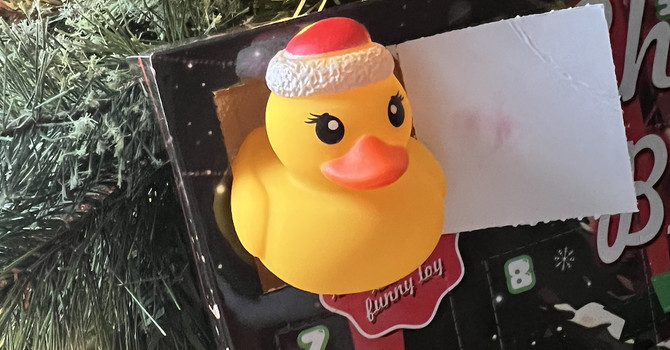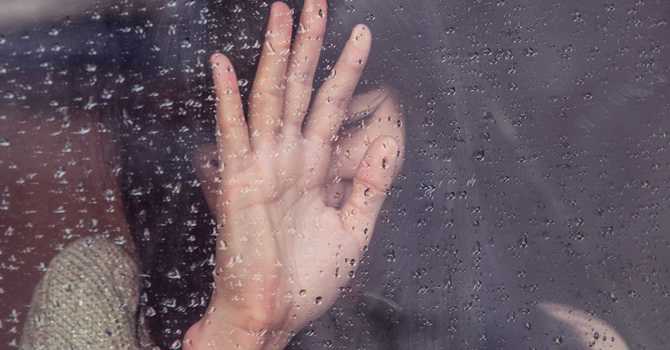
For many youth, the depth of experience we have with plants starts and stops with the garden outfront of our parents home and the umbrella concept of decoration. Plants were nothing more than an unnecessary adjective to life.
I can remember countless times with both of my parents and feeling nothing but disdain for anything related to the garden. Saturday afternoons sweating in the flower place picking out a colour scheme for the front garden as I was too young to stay home alone. To make matters worse, gardening consumed not only Saturday... but Sunday too!! For an 11 year old, my entire life was afternoons on the playground with my friends. But as an 11 year old - stress in life was slim to none.
Planting the Seed...
But I understand now - the simplicity of plants. I have found serenity in building my personal collection of greenery. At first, I was given a floral plant from my best friend of 8 years on my 21st birthday. Then, I took a chance and purchased my first succulent and a peppermint herb plant. My three months of being a “plant mom” has enabled a lifestyle that is consumed with daily accomplishments, a sense of responsibility, and sometimes even social interaction. Plant therapy - or horticultural therapy - has been researched by psychiatrists as early as 1812. Dr. Benjamin Rush - one of the American founders of psychology suggests horticulture is a beneficial type of cognitive therapy which can improve sleep, memory, attention, reduce stress, promote feelings of relaxation, and build self-esteem.
Growing...
Gardening - in the 1800’s - was seen as a sign of stability and mindfulness. Thus, horticultural therapy is used in rehabilitation of war veterans suffering from psychological impairments with proven success. Aside from the use of greenery, mental health services that stimulate our senses can be seen in many different ways than just green thumbs and couches from Good Will Hunting. Plant therapy is experienced through our senses and thus can be delivered in various ways. For example, aromatherapy and the use of essential oils is a way mental health can improve minimalistically on a daily basis. Likewise, experiencing untouched nature - a casual walk even - can provide free mental health clarity.
Blooming...
This - in my opinion - is what makes horticultural therapy so attractive.. It's the ability to literally do it from your own backyard. The simple features of a therapy garden have been labelled out from the American Horticultural Therapy Association. They suggest that gardens that include gently graded or accessible paths, raised planting beds, and a sensory-oriented selection of plants (colour, texture, and fragrance) create an atmosphere to treat in a wide range of rehabilitative, community, and educational settings. However, plant therapy gardens are entirely catered to what you want, how you want it, and your lifestyle.
Flower...
Plant therapy is a time-proven practice5 that is not utilized enough in our modern day youth and younger generation. My time as a youth was unlike any other with my own levels of anxiety, depression, and feeling at a loss with control. Some of the ways I have incorporated plant therapy to counteract the repercussions of life are through my diffuser, my selection of potted plants in my window sill, and enjoying nature from my backyard. Fun fact, sometimes I even let my plants join me in the sun (away from the squirrels of course, I learned from Grandma). I find a sense of control in life by watching my plant grow. I enjoy the simplicities in life to ground my anxieties. And the blues tend to fade away with some greenery!
My advice? Feeling stressed.. Get a plant!
-- Tenisha
Bibliography
Detweiler, Mark B, Taral Sharma, Jonna G Detweiler, Pamela F Murphy, Sandra Lane, Jack Carman, Amara S Chudhary, Mary H Halling, and Kye Y Kim. “What Is the Evidence to Support the Use of Therapeutic Gardens for the Elderly?” Psychiatry investigation. Korean Neuropsychiatric Association, June 2012. https://www.ncbi.nlm.nih.gov/pmc/articles
Gaines, Nicole. “Plant Therapy: What Is It And What Are The Benefits.” Regain. ReGain, April 17, 2018. https://www.regain.us/advice/therapist/plant-therapy
Williams, Stacey. “About Horticultural Therapy.” American Horticultural Therapy Association. Accessed May 17, 2021. https://www.ahta.org/what-is-horticultural-therapy



